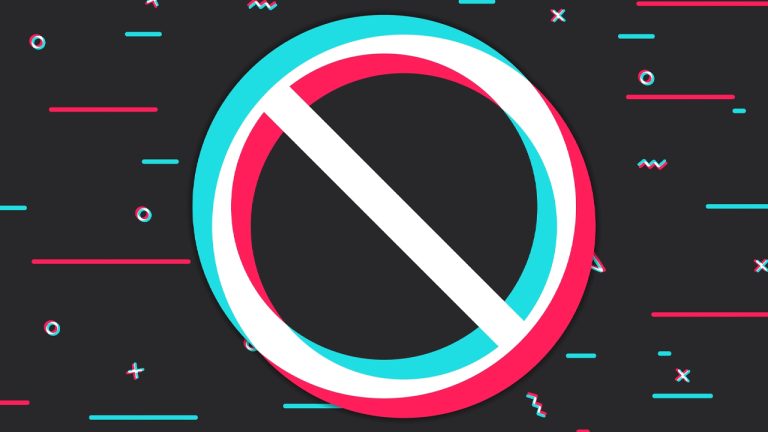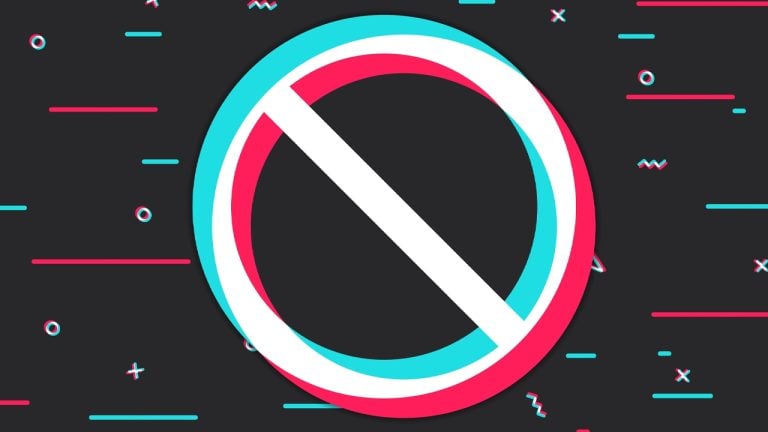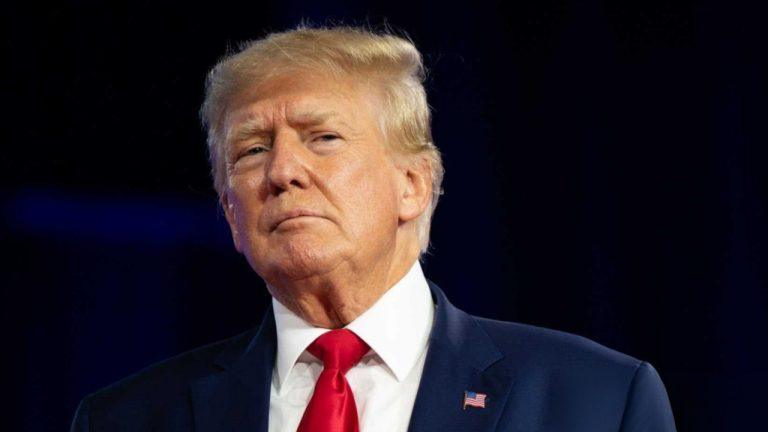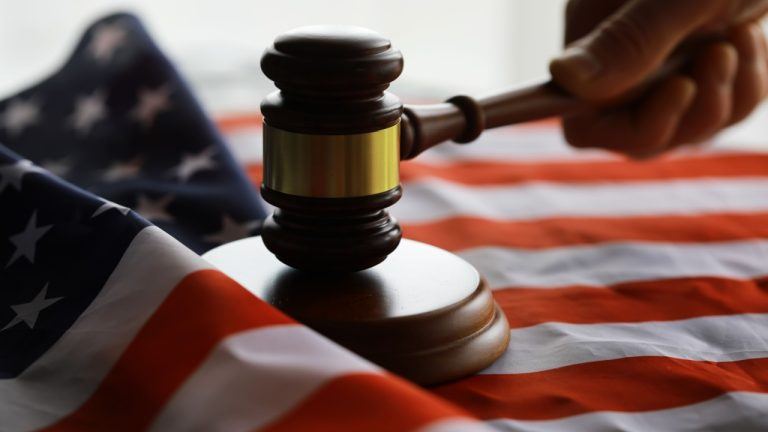
Controversial ‘Tiktok Ban Bill’ Sparks Concerns Among Cryptocurrency and Technology Advocates

Cryptocurrency and technology proponents have recently been discussing a new bipartisan bill called the “Restricting the Emergence of Security Threats that Risk Information and Communications Technology (RESTRICT)” Act. In addition to targeting firms such as Kaspersky, Huawei, and Tiktok, opponents of the bill believe one of its provisions will punish ordinary Americans for leveraging a virtual private network (VPN). However, a spokesperson for Democratic senator Mark Warner insists the “legislation is aimed squarely at companies” and “not at individual users.”
Concerns Over the RESTRICT Act’s Potential Impact on Cryptocurrency and VPN Use
Since the bill was introduced in March, the RESTRICT Act, sponsored by over a dozen bipartisan politicians and initiated by senator Mark Warner (D-VA), has been the center of controversy. A great deal of attention has been focused on the bill targeting Tiktok, and several reports say the legislation could be used to ban the app in the United States. The act would give the U.S. president and secretary of commerce the ability to regulate technologies that can be tied to nations such as Russia, China, Venezuela, North Korea, Cuba, and Iran. Tech advocates and cryptocurrency supporters are concerned about the bill and have been discussing its implications on forums and social media.
One particular provision in Warner’s RESTRICT Act has caused many people to believe that Americans could be jailed for using a virtual private network (VPN). The bill notes that there are strict penalties, including a 20-year sentence, for using “communications technology products and services” with applications or web portals associated with “foreign adversaries.” While some have said that the RESTRICT Act could ban Tiktok and target Americans for using a VPN with websites tied to foreign adversaries, others have gone as far as to say that the bill could be used to ban bitcoin. Venture capitalist and angel investor Balaji Srinivasan stated:
The RESTRICT Act is the American Great Firewall. Become China in the name of beating China.
Former politician and government critic Ron Paul said in a recent broadcast that the “RESTRICT Act is the Patriot Act on steroids.” Another former member of the U.S. Congress, Justin Amash, stressed on Twitter that the “RESTRICT Act isn’t about banning TikTok; it’s about controlling you. It gives broad powers to the executive branch, with few checks, and will be abused in every way you can imagine.” The nonprofit organization focused on the policy issues facing cryptocurrencies, Coin Center, also published a blog post on the subject and noted that it could be used against cryptocurrency users.
“The RESTRICT Act creates blanket authority, with few checks, to ban just about anything linked to a ‘foreign adversary,’” Coin Center explains in the editorial. “An overbroad attempt to ban crypto using these new powers would be open to a court challenge, but the law has worryingly narrow avenues for review.” Coin Center concludes that “while the primary purpose of the act is to address national security concerns, its potential implications for the cryptocurrency space cannot be ignored.”
Conflicting Opinions on Whether the RESTRICT Act Will Target Individual Users
Despite the complaints, a report published by Daily Dot claims “you will not be jailed for 20 years if you use TikTok after it’s banned — despite internet fear-mongering.” The author of the report, David Covucci, calls the warnings on social media and forums a “nonsensical rumor.” Covucci notes that the use of the term “virtual private network” or VPN is not mentioned in the bill, and the reporter also retrieved a statement from senator Warner’s office.
“Under the terms of the bill, someone must be engaged in ‘sabotage or subversion’ of American communications technology products and services, creating ‘catastrophic effects’ on U.S. critical infrastructure, or ‘interfering in, or altering the result’ of a federal election, in order to be eligible for any kind of criminal penalty,” a Warner spokesperson told Covucci. “To be extremely clear, this legislation is aimed squarely at companies like Kaspersky, Huawei, and Tiktok that create systemic risks to the United States’ national security—not at individual users,” the politician’s spokesperson concluded.
What do you think about the RESTRICT Act and its potential impact on technology, cryptocurrency, and individual freedoms? Share your thoughts in the comments below.
Go to Source
Author: Jamie Redman









